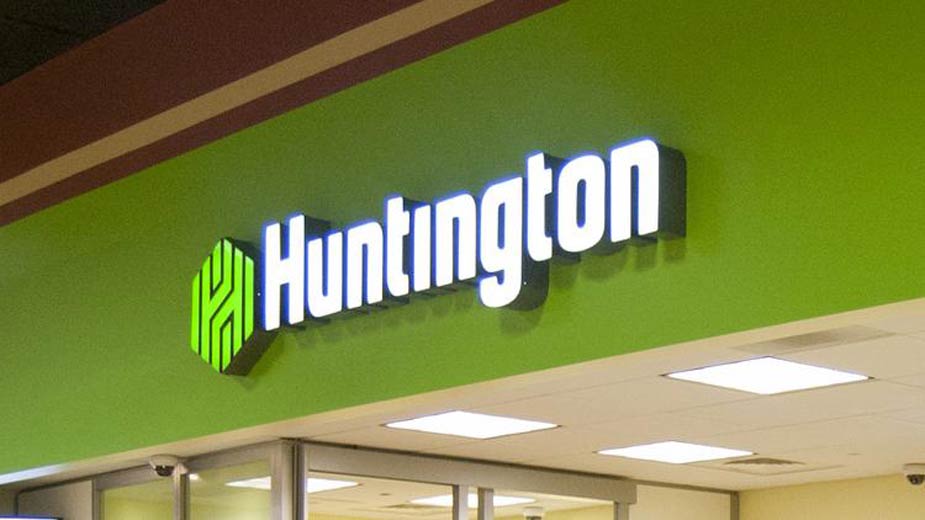Set Up a Trust to Protect Your Assets
YOUNGSTOWN, Ohio — Setting up a trust is the simplest way, and often the best, to protect and control your assets, to ensure you have provided for your family should disaster overtake you (and your spouse).
So say bank trust officers, financial consultants and a veteran attorney who limits his practice to estate planning.
“If you were to be run over today by a Mack truck,” says Karen Segesto-Hauser, citing the hypothetical worst unexpected accident, a properly written trust would ensure the needs of the surviving spouse and minor children are met. So it’s never too early to begin estate planning.
Segesto-Hauser is a vice president and senior client adviser in PNC Bank’s wealth management division in Youngstown.
The veteran attorney, Tom Lodge, says it takes some six weeks from first meeting to signing the final documents for the simplest trust, so it’s neither a costly nor especially lengthy process. Lodge is a partner in Roth Blair Roberts Strasfeld & Lodge LPA, Youngstown. A trust, he explains, “is a transfer of property to a trustee under a written agreement to manage the property for a beneficiary.”
And the creator of the trust can be the trustee – the individual who determines the beneficiaries and schedule and amounts of payouts – as well, he says, and often is.
Because of the repeal Jan. 1, 2013, of the estate tax in Ohio, and Congress raising the assets exempt from the federal tax to $5.45 million this year, few trusts in Ohio today are created to avoid taxes, Dan Bradaick, a financial consultant at the Home Savings and Loan Co., says.
From a tax standpoint, it no longer makes as much sense, agrees Joe DePasquale, president of Farmers Trust Co., Boardman.
One effect of changes in tax laws, Lodge finds, is that “Charitable trusts have not been as popular.”
DePasquale offers 12 purposes people establish trusts (see sidebar). Underlying each is – “to make sure your assets are managed, conserved and distributed as you want and to whom you want.”
There is no minimum amount of assets needed to establish a trust, says Dan Griffith, senior vice president at Huntington Bank and regional trust manager for its Mahoning Valley region. “It has more to do with your financial goals than your balance sheet.”
“Everyone with kids should consider a trust,” Lodge advises. “It doesn’t kick in unless there’s the death of both parents.”
Younger parents usually do not, he says, because “expense is a deterrent. There is no cookie-cutter solution.”
Those interviewed for this article agreed that $50,000 in assets would be the very low end for it to make financial sense to establish a trust. A trust need not contain investments but PNC, Huntington and Farmers all have investment officers to help trustees increase the value of their trusts.
Farmers, Huntington and PNC mentioned a portfolio of $500,000 to $800,000 of investable assets before their investments officer would manage trust funds.
On assets of less than $500,000, Huntington charges 1% a year, Griffith says. It does not charge for investment advice.
Farmers Trust just lowered its fees, DePasquale says, to $275 annually on portfolios of $250,000 or less and on a sliding scale on amounts above that figure. “We are a fee-only company,” he says. “We make no direct or indirect income from the investments [we advise]. And we sell no proprietary funds.”
A charitable trust must disburse a minimum of 5% of its assets every year, all point out, and the funds must be awarded to 501(c)(3) organizations.
Parents often create trusts to either provide for offspring with physical disabilities or mental impediments. The parents meet their children’s needs while they’re alive and set up trusts to ensure those needs continue to be met after they die.
With half of U.S. marriages ending in divorce, they also, when they remarry, set up trusts to ensure that the children from a previous marriage inherit assets while excluding the second spouse’s children from an earlier marriage.
All interviewed pointed to parents’ increasing use of trusts to provide for children recovering from drug addiction or who have a mental disease such as bipolar disorder. Often the two go hand-in-hand.
They fear relapses. And, as Lodge notes, the proceeds of “most estates [without addiction issues] are dissipated within three years.”
“Substance abuse among kids? We see that a lot,” Huntington’s Griffith says.
“More and more it’s drugs, not alcohol,” Lodge says.
A trust is either revocable or irrevocable. Most are the former and allow the creator to adjust or revise its sources of funding and purpose and expand or contract the number of beneficiaries. It becomes irrevocable upon his death.
Someone who sets up an irrevocable trust is likely doing so for tax purposes. “An irrevocable trust is basically a gift,” Lodge explains, “usually to save on taxes.” But the creator might also set one up to provide a steady stream of income to benefit his house of worship or fund a scholarship or a chair they endow at a college.
The creator of such a trust believes he can ensure better management of those funds through a trust than leaving a lump sum to a religious or educational entity.
Copyright 2024 The Business Journal, Youngstown, Ohio.


